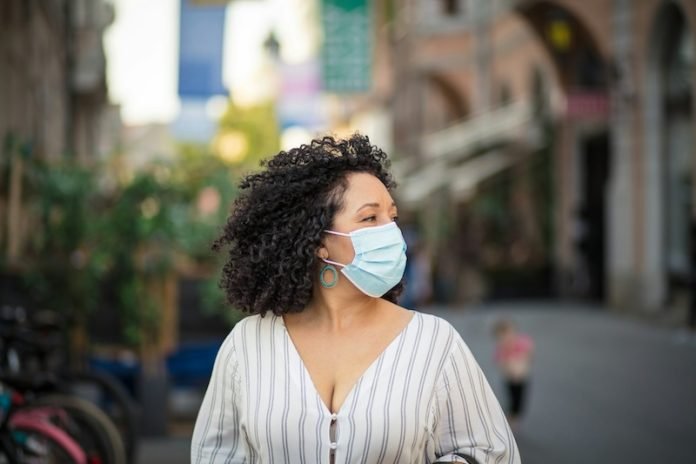
Researchers at Massachusetts General Hospital have uncovered a promising new approach to stroke therapy using non-invasive laser light treatment. Published in the journal Stroke, this innovative research offers hope for stroke patients who have limited therapeutic options.
The current treatments for stroke, which include intravenous thrombolysis and endovascular thrombectomy, involve using medications to dissolve clots and surgical techniques to remove them.
However, these treatments are only effective within a short time window after a stroke occurs and are suitable for only a subset of patients.
In search of more accessible options, the team led by Dr. Satoshi Kashiwagi, from the hospital’s Department of Radiology and Harvard Medical School, explored the potential of laser therapy.
The focus of their research is on endothelial cells, which line the blood vessels. In strokes, these cells often function poorly, partly due to reduced production of nitric oxide (NO), a gas crucial for keeping blood vessels open and ensuring blood flow.
Previous studies have indicated that laser therapy can boost NO production in these cells.
In their experiments using a mouse model of stroke, the team applied low-power, invisible laser light to the head. They observed that this treatment improved blood flow in the brain and reduced the extent of stroke-induced damage.
The laser light seemed to enhance vascular function specifically by increasing NO production in the brain’s blood vessels.
Dr. Kashiwagi highlighted the broader implications of their findings, noting, “We discovered a new way to effectively treat stroke using laser light, a modality that is already widely used in the clinic for procedures such as Lasik eye surgery and tattoo removal, and has a well-known safety profile.”
He expressed optimism about moving this technology into clinical trials soon, given its potential advantages over current chemical-based treatments, which can have significant side effects.
This laser therapy not only shows promise for treating stroke but might also be applicable to a range of cardiovascular diseases characterized by insufficient NO levels.
The researchers hope that this method could eventually replace more invasive, riskier current treatments, offering a safer and more universally applicable solution for managing stroke and other similar conditions.
If you care about COVID-19, please read studies about vitamin D deficiency linked to severe COVID-19, death, and how diets could help manage post-COVID syndrome.
For more information about COVID, please see recent studies that low-sodium plant-based diets may prevent COVID-19 better, and results showing zinc could help reduce COVID-19 infection risk.
The research findings can be found in Nature.
Copyright © 2024 Knowridge Science Report. All rights reserved.



